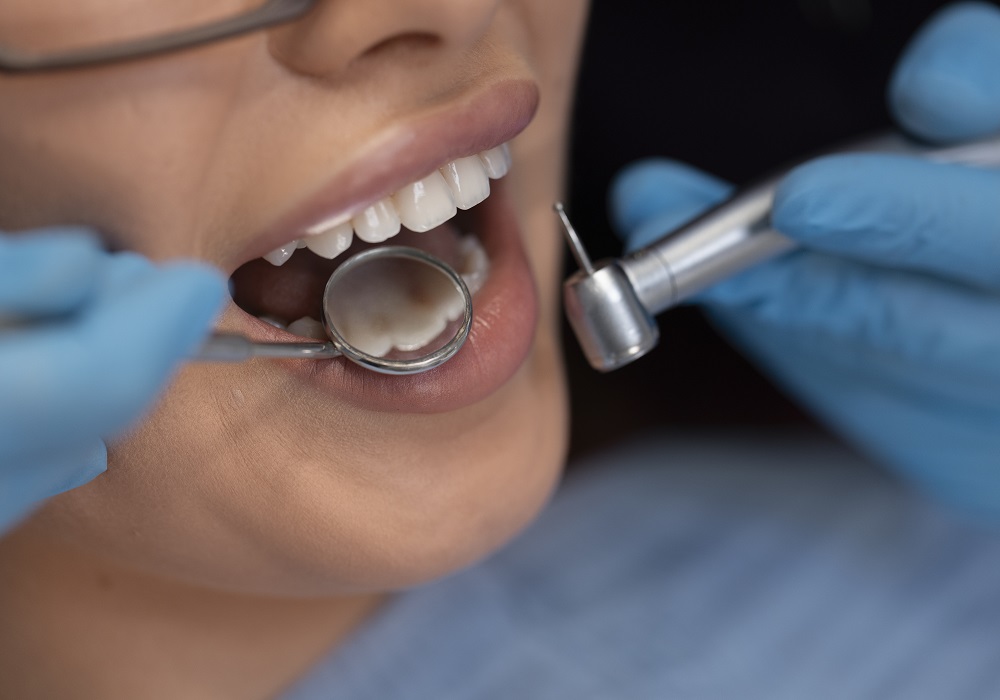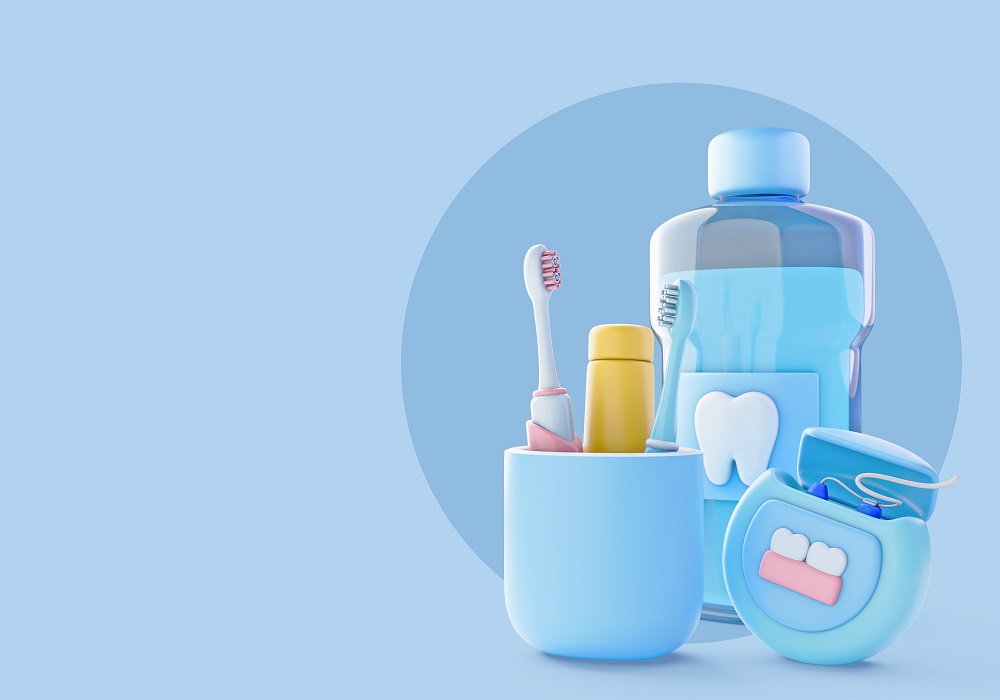Too much sugar consumption might be harmful to dental health. When you eat sugar, your mouth's bacteria feed on it, producing acid as a result. Your teeth's enamel may become worn down over time by this acid, which can result in cavities and tooth decay.
Plaque, a sticky film that can accumulate on your teeth and gums, is another thing that sugar helps to create. Plaque can irritate the gums, resulting in gingivitis and, if untreated, periodontitis.
Additionally, drinking sugary beverages like fruit juices and sodas, which bathe the teeth in sugar and acid for extended periods of time, can be particularly bad for dental health. Drinking sugary beverages all day can make tooth decay more likely.
Limiting your sugar intake and brushing and flossing on a regular basis are crucial for maintaining good oral health. Additionally, drinking lots of water might aid in rinsing acid and sugar from your teeth. The prevention and treatment of any dental issues that can result from ingesting too much sugar can also be assisted by routine dental examinations and cleanings.
What are the harmful effects of sugar on general and oral
Too much sugar consumption can be detrimental to dental and overall health. Here are a few possible negative effects on health:
- tooth cavities and decay: As I have explained, sugar can feed the oral bacteria, which can then produce acid that erodes tooth enamel and causes cavities.
- Gum illness: Sugar-loving bacteria can also induce gum inflammation, which can result in gum disease. This may result in symptoms like tooth loss, poor breath, and bleeding gums.
- Weight gain and obesity: Consuming too much sugar can result in weight gain and obesity, which can raise your chance of developing diabetes and heart disease as well as other health issues.
- Type 2 diabetes: Consuming a lot of sugar can result in insulin resistance, which in turn can contribute to the development of type 2 diabetes.
- Heart disease: Excessive sugar intake has been associated with a higher risk of developing heart disease, which may be brought on by the way it affects insulin resistance, inflammation, and other variables.
- Poor nutrition: A diet high in sugar might replace other foods that are more nourishing, resulting in a lack of essential vitamins and minerals.
- Overall, it's crucial to monitor your sugar intake and use it sparingly if you want to keep your body and mouth healthy.
Should One Totally Stop Taking Sugar Intake?
Other than sugar, there are several other acidic meals that are detrimental to your oral health. Although sugar itself is not harmful, what happens in the mouth after consumption is harmful.
Refined sugars, such as those in candy, ice cream, cola beverages, and packaged foods, should be avoided as much as possible.
Your teeth become demineralized and develop cavities as a result of the bacteria's increased digestion of sugar, which increases the amount of acid they create.
Consume fruits, fiber-rich foods like cheese, nuts that are high in protein and fibre, salads, and leafy greens to reduce the amount of dangerous bacteria in your mouth.
They serve as organic cleaners. Drink plenty water as well. Water is great for the teeth since it helps to produce more saliva and cleans the teeth.
FAQ
The American Heart Association recommends that women limit their daily sugar intake to no more than 6 teaspoons, or 24 grams, of added sugar per day, and men limit their intake to no more than 9 teaspoons, or 36 grams, per day.
How sugar affects the brain?
Sugar can affect the brain in a number of ways. Here are a few examples:
Addiction: Some research suggests that consuming sugar can activate the reward centers in the brain and trigger the release of dopamine, a neurotransmitter associated with pleasure and reward. Over time, this can lead to a cycle of addiction and cravings for sugar.
Cognitive function: High sugar intake has been linked to impaired cognitive function, including memory and learning. This may be due in part to the effects of sugar on insulin resistance, inflammation, and oxidative stress.
Mood: Some research has suggested that high sugar intake may be linked to an increased risk of depression and anxiety, possibly due to its effects on inflammation and hormone regulation.



 Dental Checkup Services
Dental Checkup Services
 Our range of products
Our range of products
 Oral Care Blogs
Oral Care Blogs

Recent Comments